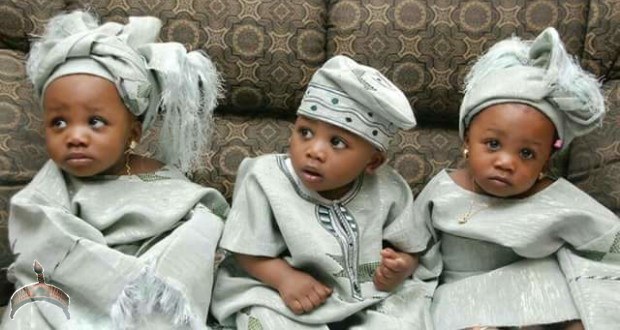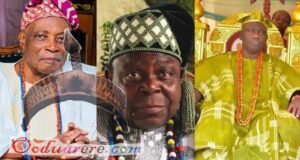The Omoluabi is a Yoruba philosophical and cultural concept to describe a person of good character. The omoluabi concept signifies courage, hard work, humility and respect. An omoluabi is a person of honor who believes in hard work, respects the rights of others, and gives to the community in deeds and in action. Above all, an Omoluabi is a person of integrity.
The concept Omoluabi is an adjectival Yoruba phrase, which has the words – “Omo + ti + Olu-iwa + bi” as its components. Literally translated and separately, omo means ‘child’, ti means ‘that or which’, Olu-iwa means the chief or master of Iwa (character), bi means ‘born’. When combined, Omoluabi translates as “the baby begotten by the chief of iwa”. Such a child is thought of as a paragon of excellence in character.
An Omoluabi demonstrates and exhibits the inherent virtue and value of Iwapele. Iwapele is ultimately the basis of moral conduct in Yoruba culture and a core defining attribute of an Omoluabi. The most fundamental of these principles demonstrated by an Omoluabi are;
Oro Siso (Spoken word, the Yoruba accord great respect for intelligent and expert use of language)
Iteriba (Respect)
Inu Rere (Good will, Having a good mind towards others)
Otito (Truth)
Iwa (Character)
Akinkanju (Bravery)
Ise (Hardwork)
Opolo Pipe (Intelligence)
An individual can be termed an Omoluabi irrespective of the religion the person adheres to. Consequently, some of the characteristics and traits of an Omoluabi are considered virtues in many religions, for example, humility, truth and honesty are Christian and Muslim virtues.
From Wikipedia
 Ọmọ Oòduà Naija Gist | News From Nigeria | Entertainment gist Nigeria|Networking|News.. Visit for Nigeria breaking news , Nigerian Movies , Naija music , Jobs In Nigeria , Naija News , Nollywood, Gist and more
Ọmọ Oòduà Naija Gist | News From Nigeria | Entertainment gist Nigeria|Networking|News.. Visit for Nigeria breaking news , Nigerian Movies , Naija music , Jobs In Nigeria , Naija News , Nollywood, Gist and more










I lov this baby’s oo i lov u
Omo-Olu-iwa-bi (Omo ti Olu-iwa bi) tabi Omo-Noah-bi (Omo ti Noah bi)